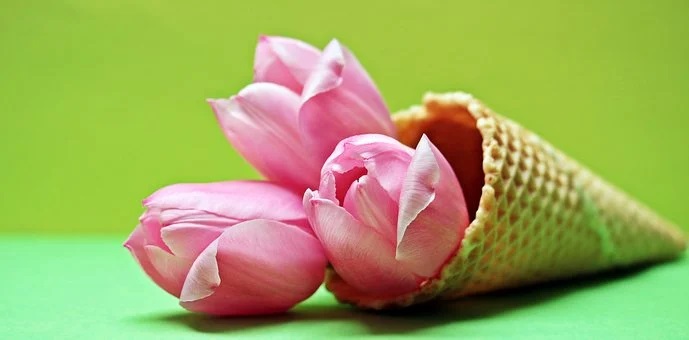In Pure Land, the most important sutra is The Buddha Speaks of Amitabha Sutra. This is a scripture that is translated into both Chinese and Tibetan from the same Sanskrit edition. The sutra states: “To take rebirth in Western Pure Land, one must stay clear of two kinds of transgression and possess four conditions.”
The two kinds of transgression are the five actions of immediate consequence and repudiation of the Dharma. Amitabha Buddha also said all sentient beings in the Saha world with absolute faith in him can be born in Western Pure Land, unless they have committed the five actions of immediate consequence and repudiated the Dharma. All other transgressions like taking life, stealing, etc., even actions that are more serious, can be purified through devotion and recitation of the buddha’s name. Only these two transgressions cannot be eradicated, so we must distant ourselves from them.
The four necessary conditions are to visualize Amitabha Buddha and Western Pure Land, accumulate vast merit, develop bodhicitta, and dedicate the aspiration of taking rebirth in Western Pure Land. All sentient beings who possess these conditions and recite the buddha’s name with total concentration can be born in Western Pure Land.
~Depicted from GATEWAY TO VAJRAYANA PATH - Sutra and Tantra: Similarities and Differences











